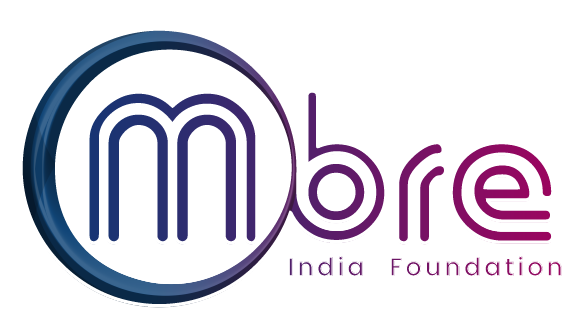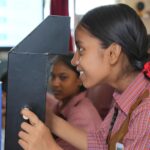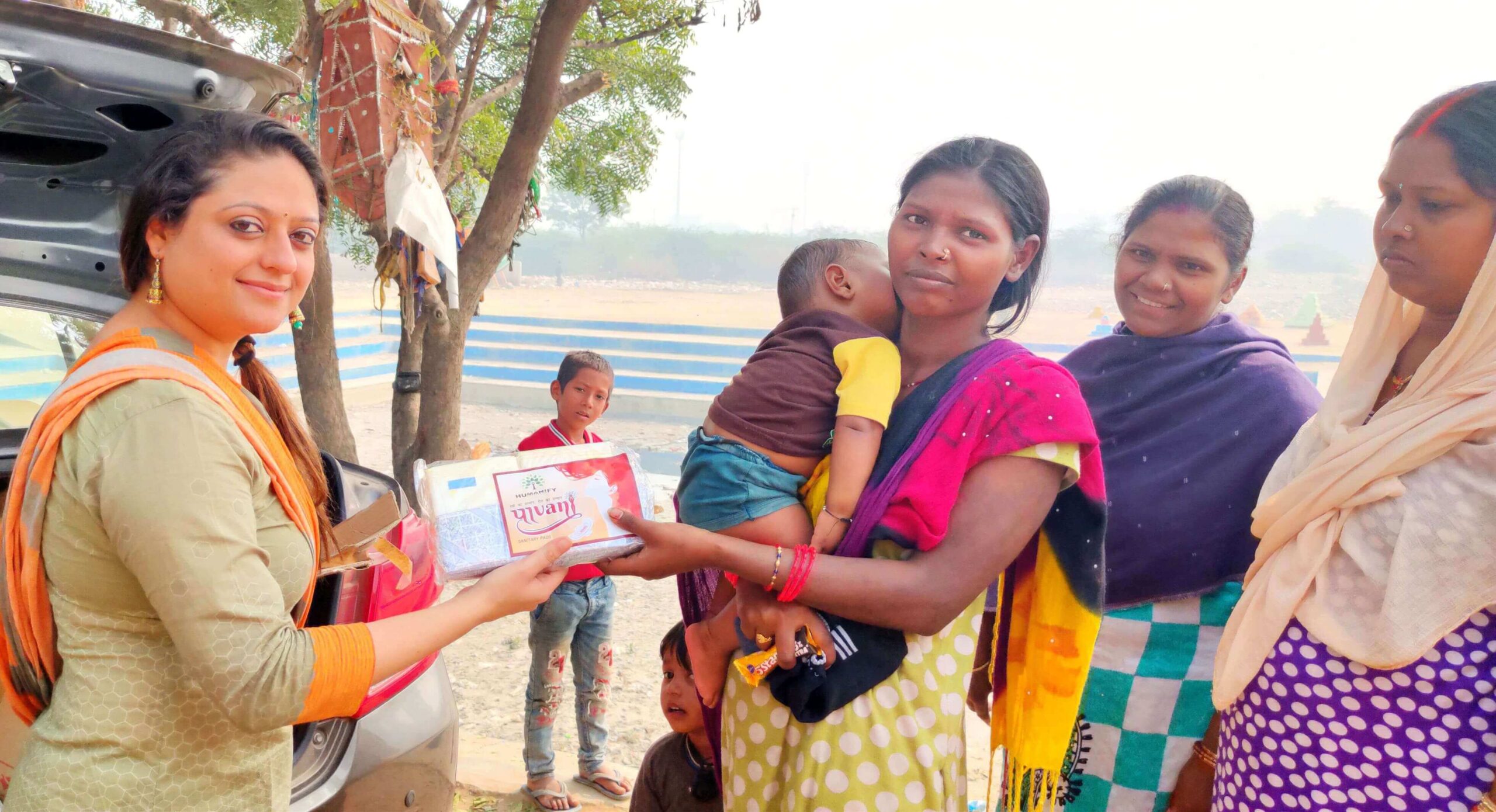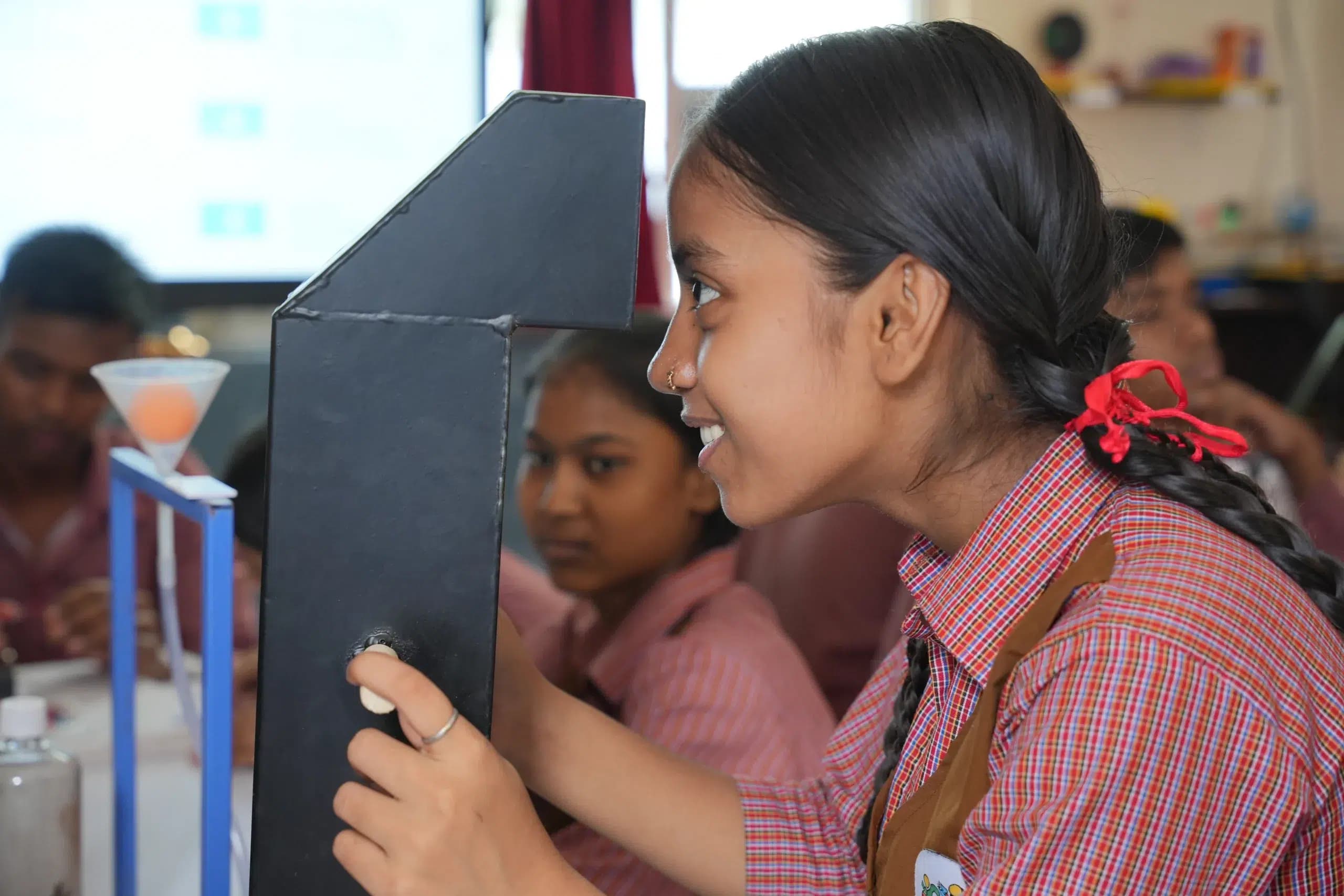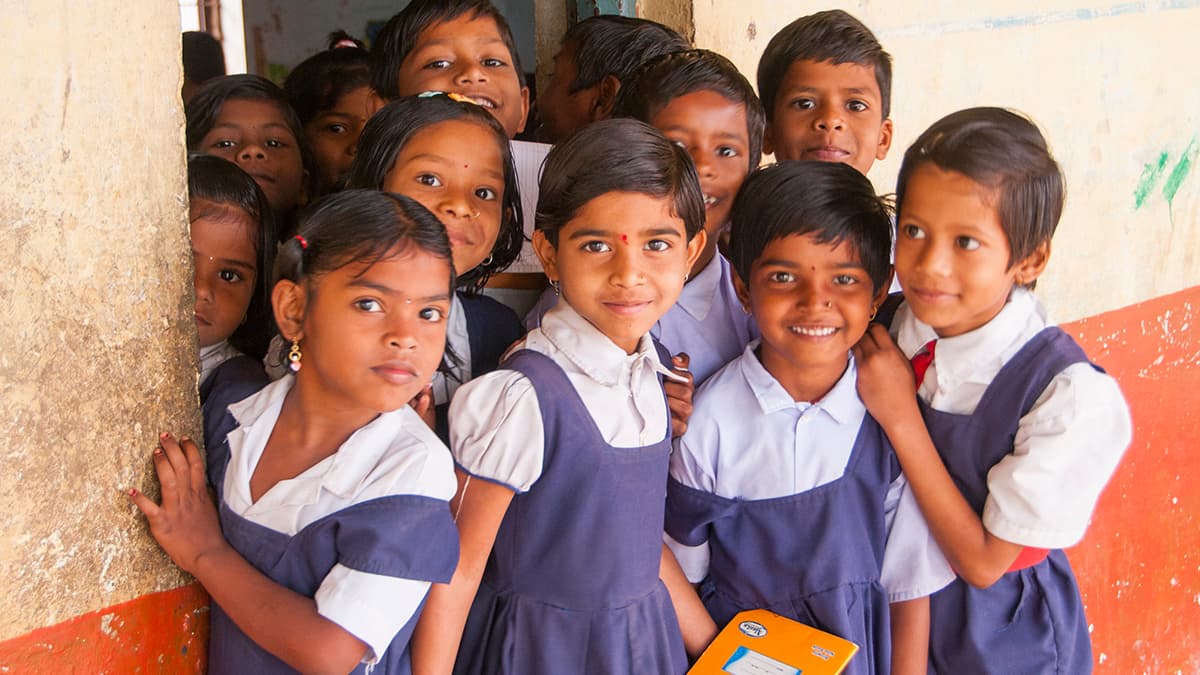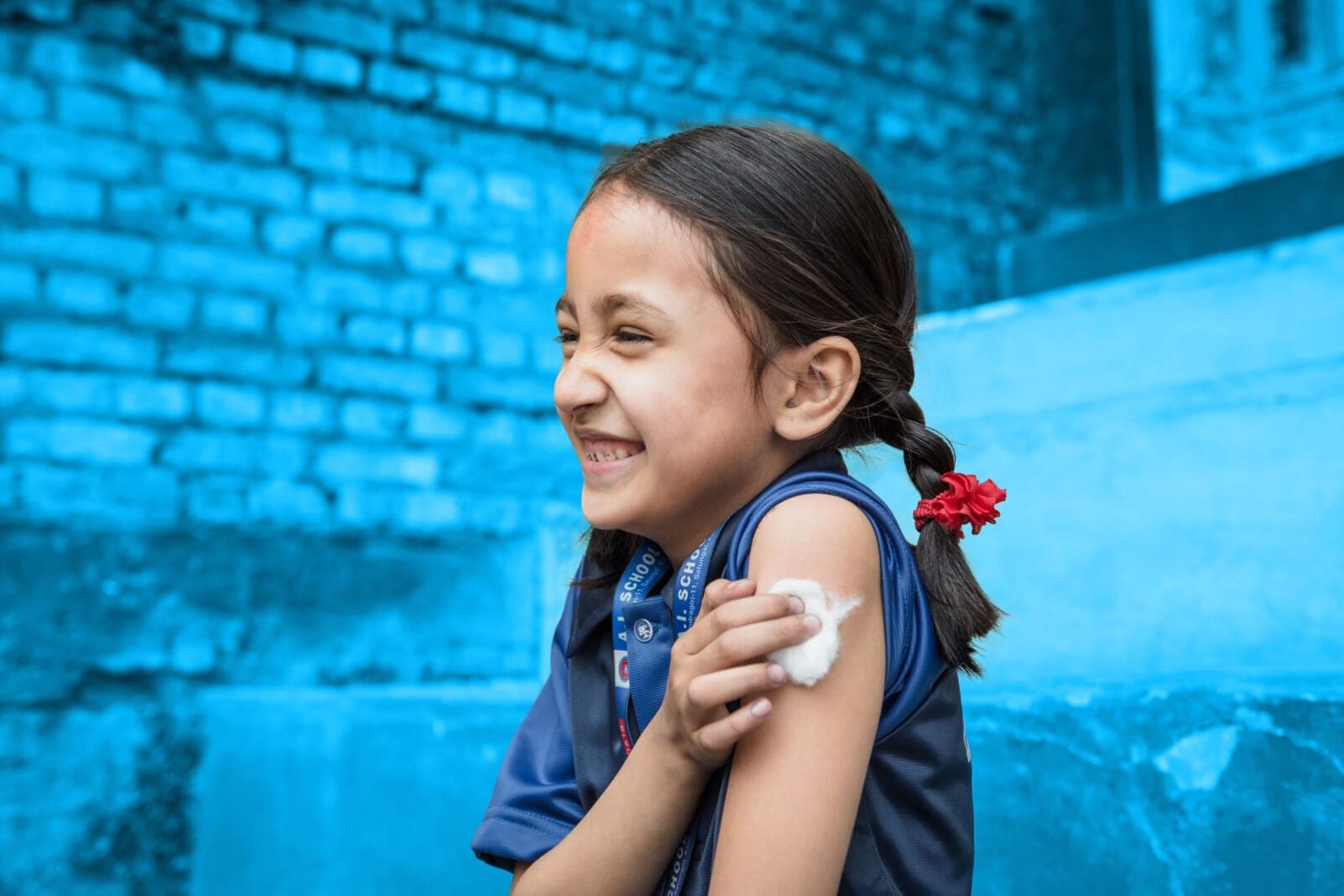Every woman deserves a safe pregnancy and a healthy beginning for her child. Yet, in India, many women still face avoidable risks due to gaps in prenatal and postnatal care. According to UNICEF, India accounts for over 15% of global maternal deaths, most of which are preventable with timely medical attention. By strengthening care before and after childbirth, we can save lives and give children a healthier start.
Why Prenatal Care Matters for Mothers and Babies

Prenatal (before birth) care is more than just routine check-ups — it is a lifeline for both mother and child. Regular visits to a healthcare provider help identify complications such as high blood pressure, gestational diabetes, or anemia early on. These conditions, if ignored, can put both mother and baby at risk.
For babies, prenatal care ensures healthy growth. Tests and ultrasounds allow doctors to monitor the baby’s development, detect birth defects, and advise mothers on nutrition. For example, a simple iron and folic acid supplement can prevent serious complications like anemia and neural tube defects.
Sadly, about 25% of women in rural India still do not receive the recommended four antenatal checkups (National Family Health Survey-5). The lack of awareness, distance from hospitals, and social barriers keep many women away from essential care.
Postnatal Care: Supporting Recovery and Healthy Beginnings

Childbirth is not the end of the journey — it is the beginning of recovery for the mother and adaptation for the newborn. The first six weeks after delivery, known as the postnatal period, are the most critical for survival.
For mothers, postnatal care helps detect and treat complications like heavy bleeding, infections, and postpartum depression. For babies, it ensures proper feeding, vaccination, and monitoring of growth. According to the World Health Organization, three-fourths of maternal deaths occur within the first 7 days after birth — highlighting how urgent postnatal care is.
Support during this period is not only medical. Emotional support from family, counseling for mental health, and guidance on breastfeeding play a vital role in ensuring both mother and child thrive.
Barriers to Effective Maternal and Child Healthcare in India
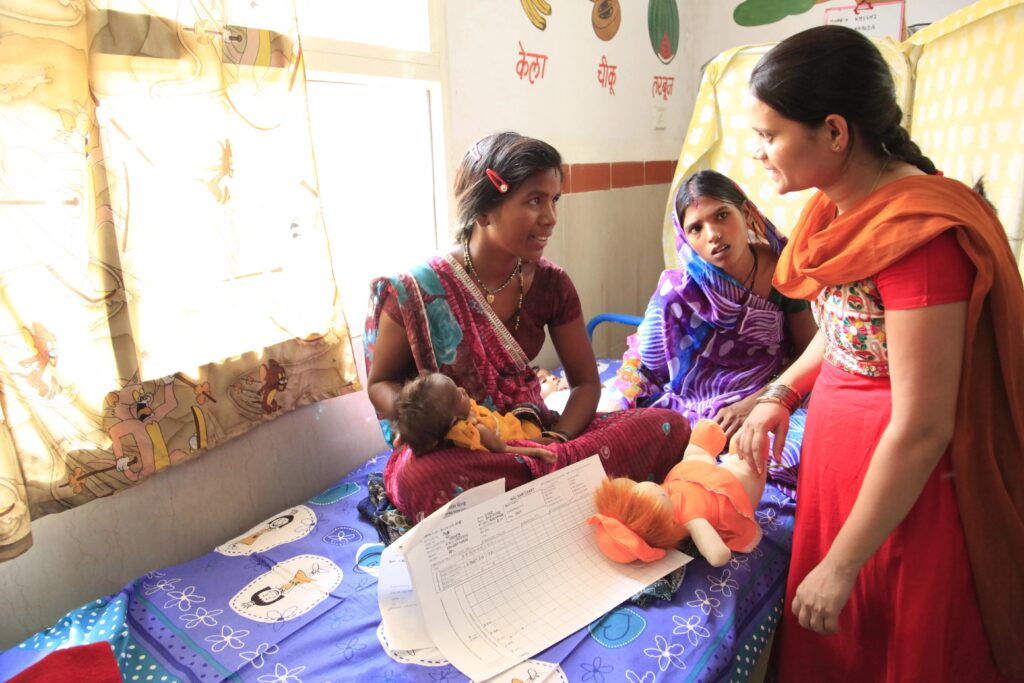
Despite progress, India still struggles with deep-rooted challenges in maternal healthcare. Some of the most pressing barriers include:
- Access Issues: Many women in remote villages must travel long distances for a hospital, discouraging regular check-ups.
- Awareness Gaps: Cultural beliefs and lack of knowledge prevent women from seeking care during pregnancy.
- Healthcare Shortages: Rural areas face a shortage of doctors, nurses, and midwives, making consistent care difficult.
- Financial Burden: While government schemes like Janani Suraksha Yojana exist, many families are unaware or unable to access benefits.
These hurdles mean that many mothers and babies do not receive the care they desperately need, leading to preventable deaths and illnesses.
Building a Stronger System for Maternal and Child Health
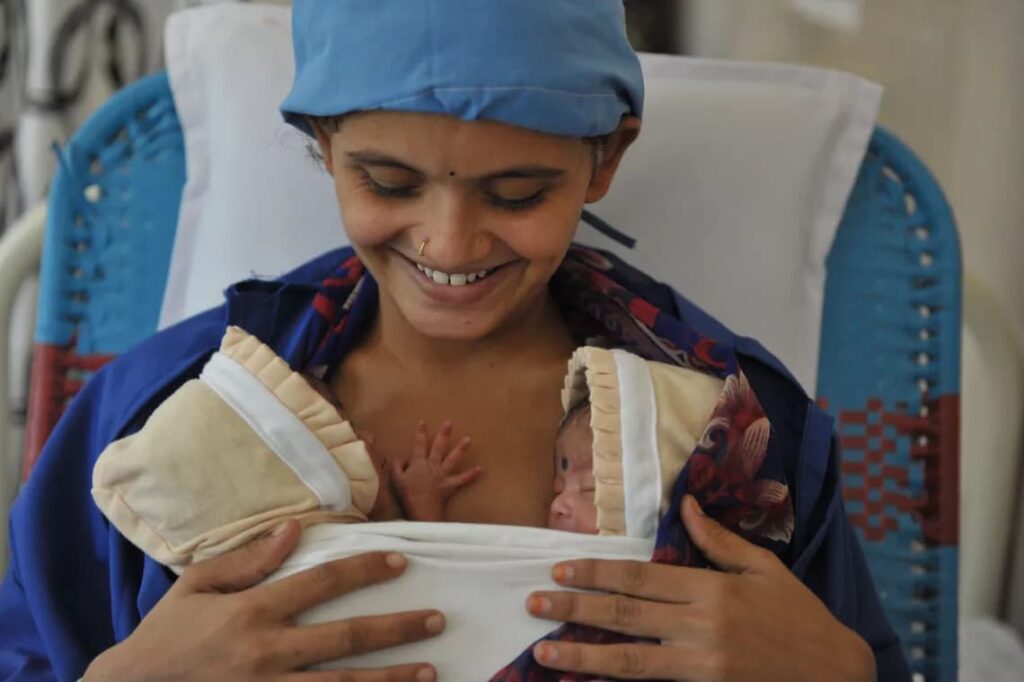
The good news is that change is possible. India has already seen progress: the maternal mortality ratio fell from 556 in 1990 to 97 in 2020 (World Bank). But much more needs to be done.
Here’s how we can strengthen the system:
- Strengthen Community Healthcare: Training more frontline workers (ASHA, ANM, Anganwadi staff) to reach rural women.
- Awareness Campaigns: Using schools, NGOs, and digital platforms to educate families about the importance of maternal care.
- Affordable & Accessible Care: Expanding telemedicine, mobile health clinics, and government schemes to ensure no woman is left behind.
- Emotional & Social Support: Normalizing conversations around mental health, postpartum depression, and shared parenting responsibilities.
By building a stronger healthcare ecosystem, India can ensure that no woman faces childbirth alone and every baby gets a healthier beginning.
Conclusion
Every mother deserves dignity, safety, and care during one of the most important journeys of her life. Prenatal and postnatal care is not just a medical service — it is an investment in future generations. By addressing barriers and strengthening systems, India can save countless lives and build a healthier, stronger nation.
👉 At Ombre India Foundation, we believe that no child should be denied a healthy start. Through awareness, support, and action, we are working to make safe motherhood a reality for every woman.
